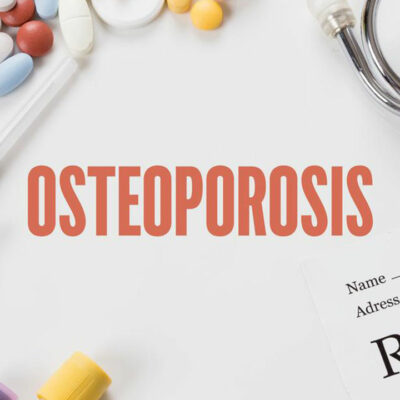
Everything you need to know about essential tremors
Neurological disorders are those that affect the nervous system. Essential tremor is one such disorder that causes rhythmic shaking of any part of the body. Signs of essential tremor can also be seen in the head, neck, torso, tongue, and face of a person. It is involuntary and is most often felt in the hands.
Read More 







